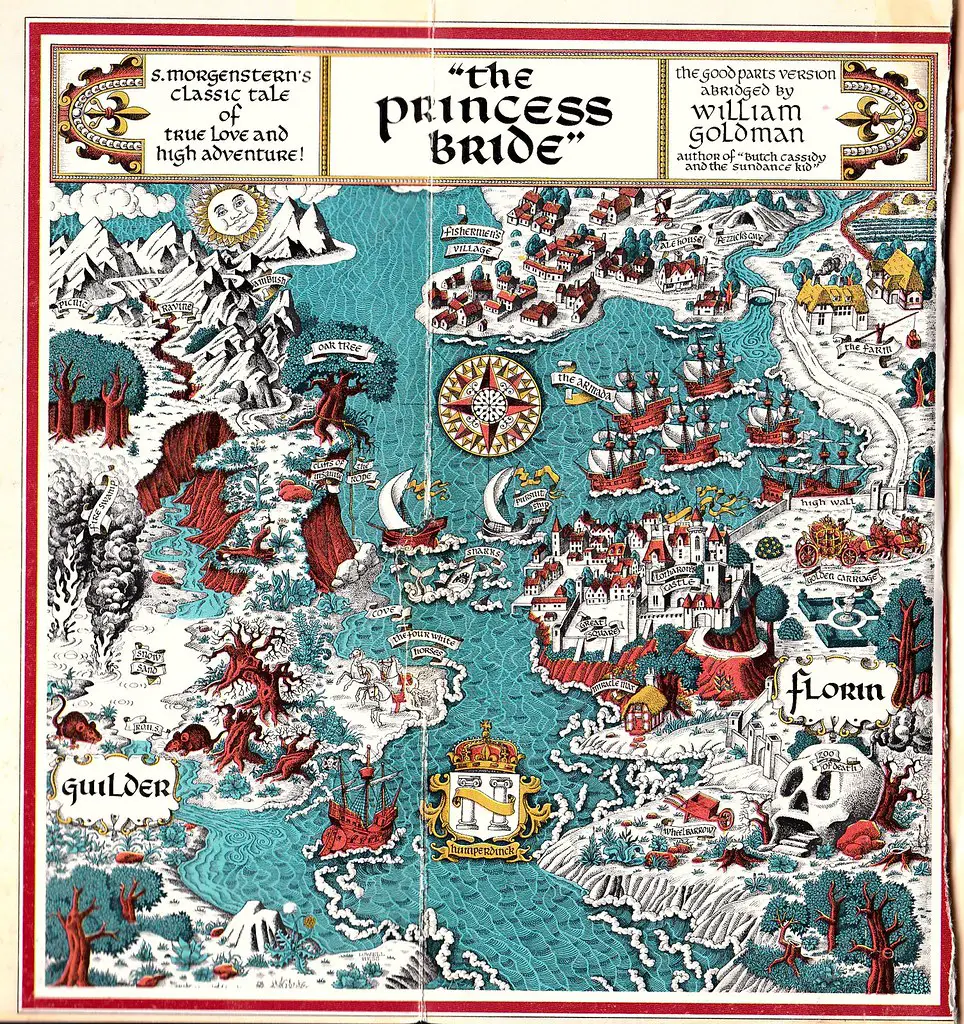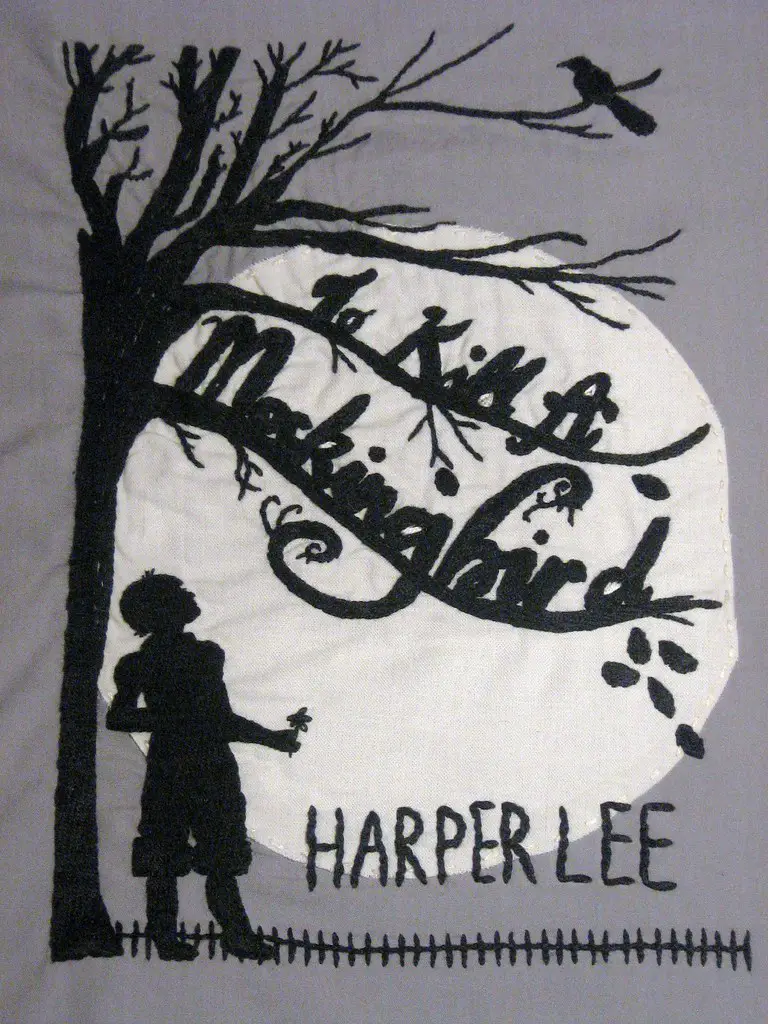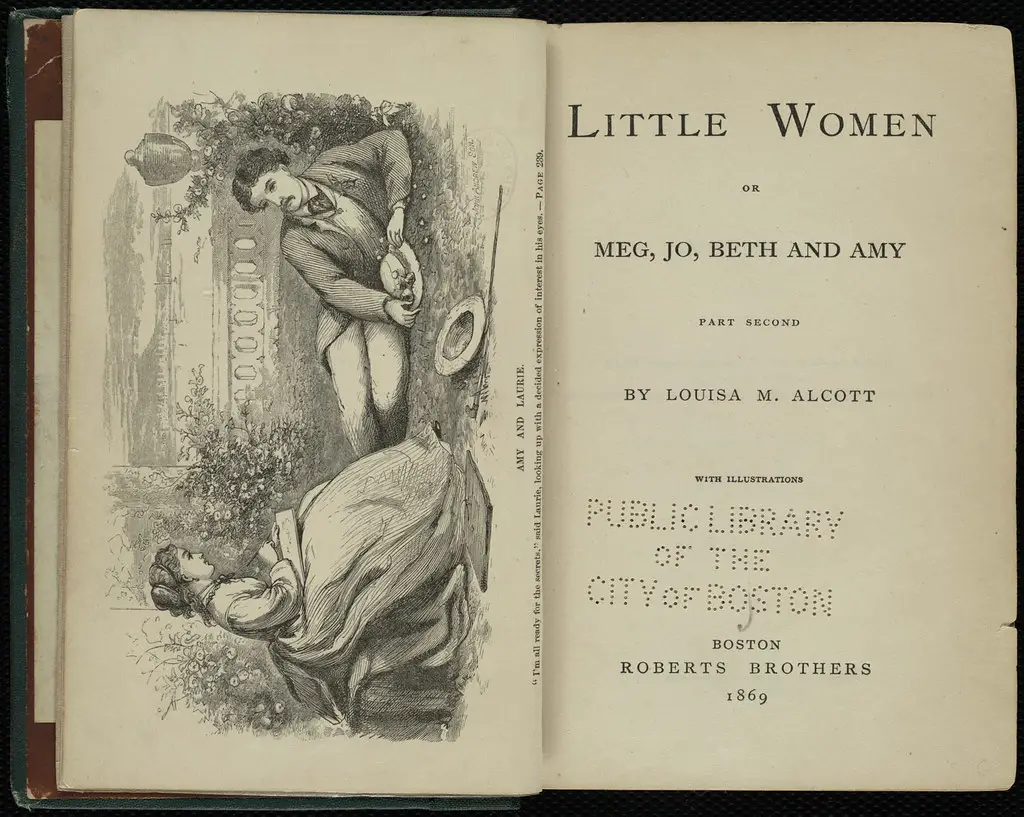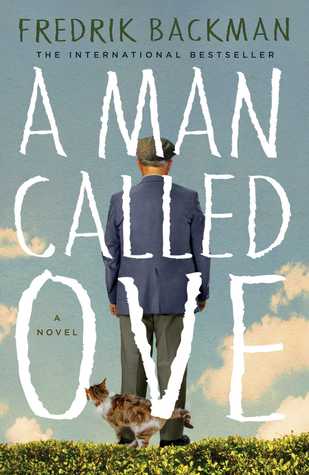Please get emotional with more exceptional passages.
Laugh Out Loud Hilarity
The Princess Bride (William Goldman, 1973)
The Princess Bride turns the standard “Prince Charming rescues helpless Princess” upside down into a mad adventurous farcical fable. The reader often laughs out loud. Westley, the hero, is the Farm Boy to the socially superior heroine Buttercup. His answers to anything she asks, “As you wish.” When Buttercup finally goes to his house and declares her love for him, instead of the happiness and loving reaction we anticipate, he “closes the door in her face.” Not what we expect, but it’s funny. Like any comedy, this isn’t rational. I threw back my head and laughed.
Related: How Reading Helps Shape Emotions: Part 1
Another scene involves the duel between a masked man (Westley in disguise) and Inigo Montoya who repeats the line, “Hello, my name is Inigo Montoya, you killed my father, prepare to die,” every time we see him. The duel in which he challenges Westley is hilarious because they both fight left-handed (not done in traditional sword-fighting), and then each let it be known that neither is left-handed. I am left-handed, so I enjoyed the faux left fight and laughed a lot.

Goldman, who professes to have rewritten this “abridged version” with only the “good parts,” does not like the “real” author’s ending, so he rewrites his own. He writes that “love is the best thing in the world, except for cough drops.” My art director advertising teacher was right when he said, “If you’re a creative person, you must read this book.” It’s original, clever, tongue-in-cheek, and completely imaginative.
Psychological Horror Creeps Up to Terrify
The Bad Seed (William March, 1954)
The quiet, slow-moving, insidious type of horror presented here is gradual, creates uneasiness, and gets under your skin. A perfect blonde, blue-eyed child seems to be the epitome of perfection, but there is something “off” about her. She doesn’t win a penmanship award she believes she earned, and she targets and murders the child who won the award to wrest it away.
The story surfaces that she has acted this way before when she felt deprived of something. The book’s theme comes to the forefront: Can criminal traits be transferred from one generation to the other? Can it skip a generation and be inherited? Is the tendency to murder genetic?
Anyone sleepless in the night ponders this chilling tale and theme. The results were so mind-bogglingly horrible and seemingly possible that when the book was made into a film, the characters came out smiling to show that it was only a story. The book’s ending leaves the reader helpless and shocked, an ending that keeps one tossing and turning at night, even years after reading it.
Warning! Other ill-at-ease novels with unthinkable themes that stay in your mind include The Girl in a Swing (Richard Adams, 1988) and The Bridesmaid (Ruth Rendell, 1989). These stories show that some will do anything—yes, anything—for love.
Principled Courage Against All Odds Amazes
To Kill a Mockingbird (Harper Lee, 1960 )

Lawyer Atticus Finch sacrifices himself and his reputation in the Southern town where he lives to fight for justice. He defends a black man, Tom Robinson, accused unjustly of raping a white woman. A jury of 12 white men sits in judgment and predictably declares him guilty.
Justice is blind, but not color blind, in his case. The children of Atticus understand that it is imperative for him to do the right thing at any cost. They sit with the black audience in the bleachers upstairs during the trial.
Lawyer Atticus Finch makes his “lonely walk down the aisle.”
“Reverend Sykes of First Purchase, a black church in Maycomb, calls Scout, Atticus’s daughter, to attention.
“’Miss Jean Louise.’
“’I looked around. They were standing. All around us and in the balcony on the opposite wall, the Negroes were getting to their feet. Reverend Sykes’s voice was as distant as Judge Taylor’s:’
“’Miss Jean Louise, stand up. Your Father’s passin.’”
Pride, hope, and despair moved me, feeling immense gratitude for those guided by good and right.
Righteous Relief for Justice Served
QB VII (Leon Uris, 1970)
Every piece of literature does not end with hope, yet the reader usually wishes it were so. When an author does not deliver, the result for most readers is disappointment. A hallmark novel, QB VII (Queen’s Bench Courtroom Number Seven) delivers on the reader’s hope for justice with a phenomenal turn.
Prestigious doctor Sir Adam Kelno sues Jewish author Abraham Cady in a British court for libel, denying the accusation in Cady’s book The Holocaust that Kelno committed war crimes against humanity at the Jadwiga concentration camp. The case is tense and wrought with heinous descriptions of medical experiments and further atrocities against hapless victims. The verdict momentarily shocks the reader. But the prevailing party in the lawsuit is indeed awarded every cent he deserves. And to this reader, that makes all the difference in the world.
Practicing Kindness and Forgiveness Heals
Little Women (Louisa May Alcott, 1868, 1869)
“My dear, don’t let the sun go down upon your anger. Forgive each other, help each other, and begin again tomorrow,” is sage advice from Marmee March to her daughter Jo, a lesson to be taken to heart. In a vengeful move, sister Amy has burned writer Jo’s precious book. Stubborn Jo won’t forgive Amy and goes ice skating, leaving her sister behind. Amy dons skates and goes after Jo and friends but skates on thin ice, falling in and under. She almost drowns. Jo is filled with remorse and realizes that Marmee has spoken the truth, possibly from her own experiences with unresolved anger.

I know this advice to be true but have not always followed it to my detriment. You should never go to bed mad. Even if small, the anger simmers and escalates, and the next day turns into a full-scale conflagration. Marmee is right. Settle your differences the night before, sleep on it, and the next day will dawn brighter.
The Boy, The Mole, The Fox, and The Horse (Charlie Mackesy, 2019 )
Practiced often, kindness heals. Bravery becomes a habit. There are so many good traits we can cultivate in ourselves and others. In this charming British tale, the title characters, one human and the rest animals, each flawed, meet and ask each other life’s big questions. They learn about facing their fears, and as the author tells us, “I hope this book encourages you to live courageously with more kindness for yourself and for others. And to ask for help when you need it—which is always the courageous thing to do.”
As the horse says, “The truth is everyone is winging it,” so we often need input and guidance from others. My favorite line is the exchange between the mole and the boy.
“’I’m so small,’ said the mole.
‘Yes,’ said the boy, ‘but you make a big difference.’
To the boy, ‘What do you want to be when you grow up?’
‘Kind,’ said the boy.”
Life-affirming questions are addressed and the answers are heartfelt and beautiful. Forgive yourself and others. “Everyone is just trying to get home.” We are asked to “spread our wings and dream.”
This is an extraordinary tale that everyone should read. I am a frequent buyer of this book, having gifted it to at least seven people. Feel-good intentions passed along have been validated, I believe, by each recipient.

A Man Called Ove (Fredrik Backman, 2012)
Kindness is contagious and spreads quickly throughout this story. Despair overcome by kindness and caring comes from an odd lot of residents in his neighborhood who save morose, cantankerous Ove from attempted suicide, more than once.
People helping people regardless of nationality, income, or background, reversal of commonly held beliefs, being there when needed, and becoming non-judgmental are all new-found principles by which Ove will live thereafter. A doctor makes this accurate yet smile-inducing diagnosis of his patient’s illness: “Ove’s heart is too big.”
A Closing Quote to Make Your Spirits Rise
Stephen Grellet (born Etienne de Grellet du Mabillier, 1773-1855) Bartlett’s Quotations (p. 439, 2)
Written long ago by a wise missionary, this wonderful kindness quote is for me, and hopefully for other readers, an inspiration in shaping emotions and positive actions toward others.
I expect to pass through this world but once; any good thing therefore that I can do, or any kindness that I can show to any fellow creature, let me do it now; let me not defer or neglect it, for I shall not pass this way again.
